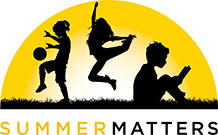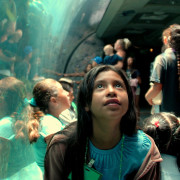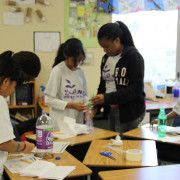Diving Into Summer Learning Programs
Summer learning programs are distinctively different from traditional summer school programs. For Nazaneen Khalilnaji-Otto, the Summer Matters campaign director at the Partnership for Children and Youth, one word sums up the difference between the summer learning model and summer school: “fun.” Summer learning takes on a “camp-like culture,” and these programs are generally open to all students, rather than only students seeking remedial or advanced coursework.


